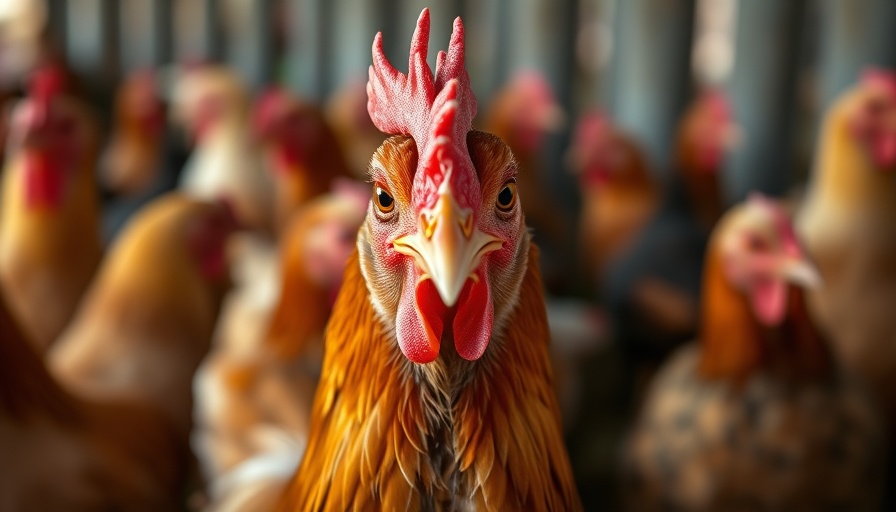
RFK Jr.'s Controversial Proposal: An Overview
Earlier this year, RFK Jr. made headlines by suggesting a drastic approach to managing the ongoing bird flu crisis — allowing H5N1 to run through poultry farms. This controversial proposal drew immediate criticism from a multitude of experts, including veterinarians and immunologists, who voiced their concerns about the potential repercussions of such a strategy.
Expert Opinions: A Unified Front Against the Proposal
A diverse coalition of experts has voiced strong opposition to Kennedy's suggestion. In a recent policy forum, a group of five specialists articulated their belief that permitting the virus to spread unchecked would pose severe risks. They argue this would not only lead to unnecessary suffering for poultry but would also jeopardize related species in proximity to infected farms. Their conclusion is robust: allowing H5N1 to thrive in a natural course is both dangerous and unethical.
Long-term Risks: Genetic Diversity at Stake
One of the more concerning elements of the 'let-it-spread' approach is its long-term impact on poultry genetic diversity. Experts warn that such a strategy might reduce genetic variability, leaving birds more susceptible to future pathogens. They further caution that while it may identify a small subset of birds that carry some immunity, these individuals could inadvertently serve as long-term reservoirs for the virus, enhancing the pathogen's virulence over time.
The Implications: Beyond the Poultry Barns
The implications of allowing H5N1 to spread do not stop at the poultry level. The potential for a highly infectious bird flu strain to create reservoirs among immune birds could lead to more formidable versions of the virus. As outlined by the experts, the risks of amplifying the virus's capabilities are substantial. The overarching message is clear: this is not a path that should be taken lightly.
Conclusion: A Call for Responsible Approaches
Given the potential for catastrophic outcomes, it's imperative to seek alternative methods for managing bird flu. Vaccination and culling remain the more ethically responsible strategies that can mitigate suffering while preserving the health of poultry populations and their environments. As discussions continue, a focus on scientific evidence and expert recommendations is paramount for deciding the best course forward.
 Add Row
Add Row  Add
Add 




Write A Comment